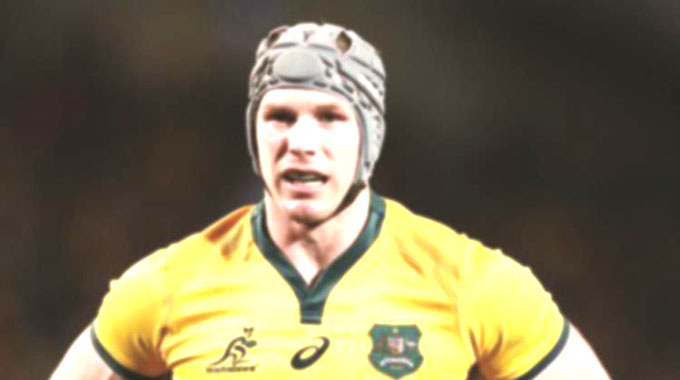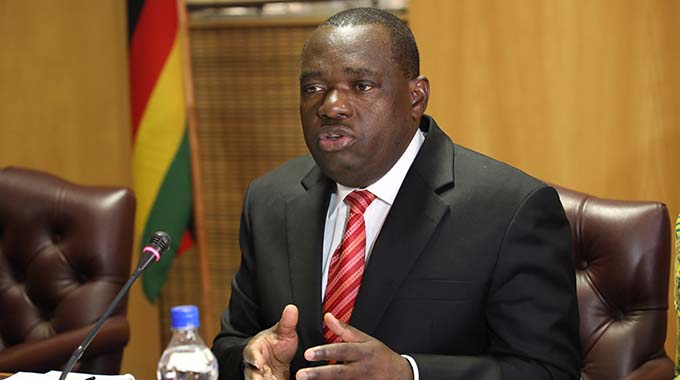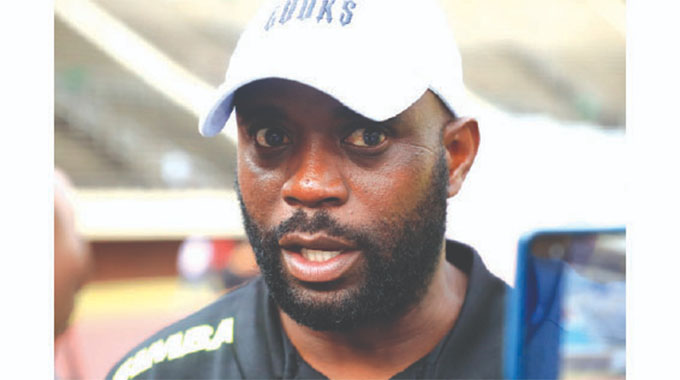Explore changing eligibility laws, World Rugby told

TOKYO. — Australia’s Zimbabwe-born star, David Pocock, wants World Rugby to explore changing their eligibility laws to allow more international players to switch allegiance to tier two nations.
Under the current framework, once a player is capped for one country they are unable to play for any other Test nation, except in rare cases.
Wallabies wing Cooper Vuna is one exception, having been given an exemption to play for Tonga more than five years after he played for Australia.
It’s a different ball game in rugby league where players are allowed to appear for a smaller nation if they are eligible and not being selected for the country they were capped from.
If the same law was brought into union it would provide a huge boost for the Pacific Island nations with Samoa, Tonga and Fiji able to call on All Blacks and Wallabies stars not featuring for the southern hemisphere giants.
It would also bolster the likes of Zimbabwe, who see a number of their big-name players turn out for neighbouring South Africa.
Pocock, who was born in Zimbabwe before making 81 appearances and counting for the Wallabies, believes adopting the league guidelines on eligibility, is a discussion World Rugby should be having moving forward.
“It’s worth talking about,” he said.
“It gets pretty complicated, I’m not too sure.
“In my mind, if you’re not playing for a country that you’ve been capped for a while, and clearly aren’t in contention, then potentially, but that’s a discussion for the players’ unions and World Rugby to be having.”
Zimbabwe hasn’t featured at the Rugby World Cup since 1991, though a number of players born in the country have turned out for other nations on the big stage.
“They’ve got so much talent at a school boy level and it would make me so happy to see them running out on the world stage again,” said Pocock.
“I’ve been in touch with some of the people in Zimbabwe rugby and they’re . . . trying to really get their structures in place to be able to hold talent and sure you’re going to lose your best overseas but in an ideal world, they’ll be playing overseas and then coming back for international duties.
“What you see a lot of in the world is players going overseas at a young age and representing another country, which for smaller teams obviously hurts a lot.”
This World Cup hasn’t seen the high number of one-sided games from tournaments gone by in the pool stages with clashes between tier one and tier two nations having margins of approximately 33 points per match.
“As a player, I sometimes find it a bit disrespectful with people expecting massive margins at the World Cup,” added Pocock.
“I think some of the tier two nations have put a huge amount of work into their prep over the last four years and you’ve seen a massive improvement, obviously led by Japan and the strides they’ve made but Namibia also against New Zealand in the first half, really held their own.” — Walesonline.










Comments